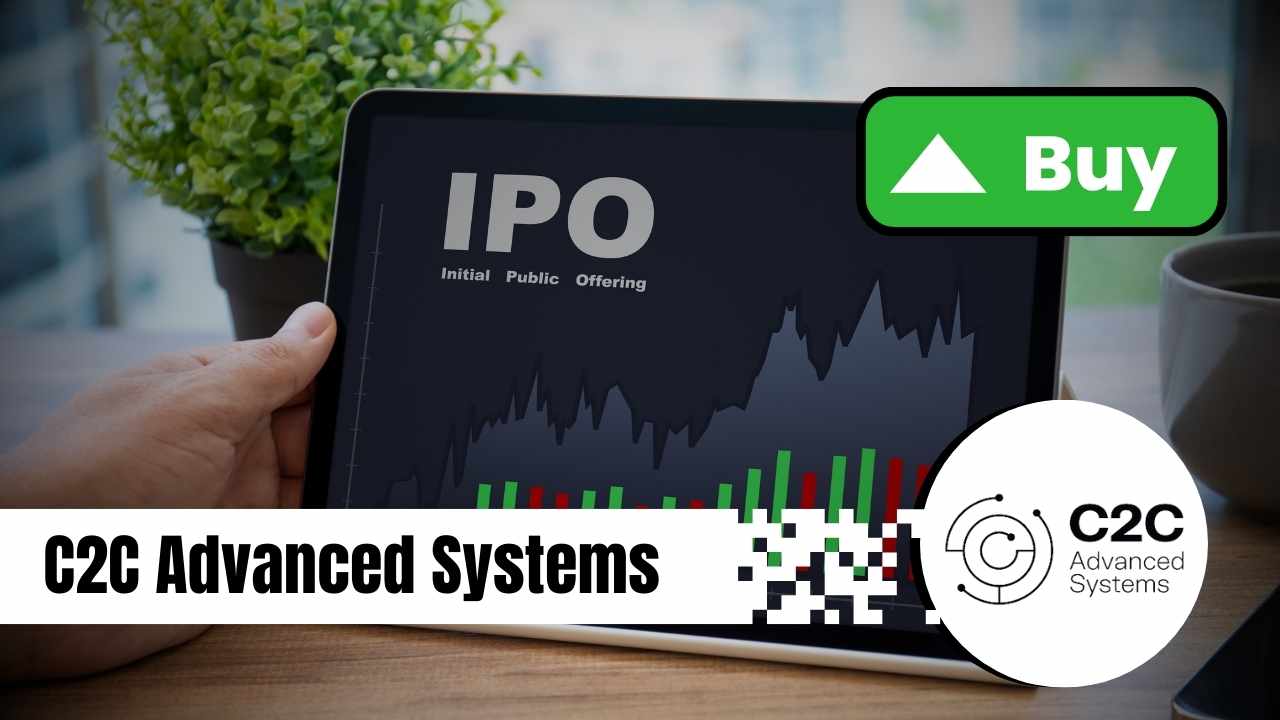Ola Electric Mobility is facing a challenging period, as its share prices continue to decline. In Monday’s trading session, the stock plummeted below the ₹90 mark for the first time since its listing, hitting a low of ₹89.55 per share. This significant drop of 9.6% from its last closing price marks a continuing bearish trend for the company.
Currently, this decline represents a staggering 43% correction from the all-time high of ₹157.40 that Ola Electric shares reached in mid-August, signaling a troubling shift in investor sentiment.
The Impact of Service Issues
The decline in stock value has been exacerbated by a public dispute between Ola CEO Bhavish Aggarwal and comedian Kunal Kamra on social media platform X. The exchange highlighted significant concerns regarding Ola’s after-sales service for their electric scooters.
Kamra initiated the controversy by sharing an image featuring a multitude of Ola electric scooters waiting for service, questioning the company’s commitment to customer satisfaction and service reliability.
He posted, “Do Indian consumers have a voice? Do they deserve this? Two-wheelers are many daily wage workers’ lifeline…” while tagging Nitin Gadkari, Minister for Road Transport and Highways, and questioning the future of EV adoption in India.
In a sharp retort, Aggarwal criticized Kamra’s intervention, suggesting that if the comedian truly cared about customer issues, he should help the company rather than criticize it. He urged Kamra to “shut up” and let Ola focus on resolving the “real customer issues.”
Many users on X reacted negatively to Aggarwal’s tone, characterizing his responses as “rude,” “arrogant,” and “ignorant.” This public backlash has raised concerns about the company’s image amidst growing customer dissatisfaction.
Customers have reported widespread issues with faulty hardware and software in their vehicles, leading to overcrowding at the company’s service centers. The company’s ability to manage these service requests is a growing concern among its user base.
In a troubling incident, a 26-year-old man was arrested for allegedly setting fire to an Ola showroom in Karnataka, prompted by dissatisfaction over the unsatisfactory servicing of his recently purchased e-scooter. This incident highlights the growing frustration among customers.
Market Challenges and Declining Sales
Adding to these woes, Ola Electric is witnessing a steady decline in its market share within the highly competitive electric vehicle segment. In September, the company reported its lowest monthly sales of the year, selling just 23,965 vehicles, a drop that continues its downward trajectory from 26,928 units in August.
Analysts identify the shrinking market lead as a result of competitors launching new models at similar price points to Ola’s offerings. This has further strained the company’s service network and led to a backlog of unsold scooters, undermining overall sales performance.
Despite averaging monthly sales of 37,695 units in the first seven months of CY2024, Ola has seen a marked decline in sales since August. Consequently, year-on-year growth has significantly dropped—falling from 105% in June and 112% in July to just 46% in August and 29% in September.
In the face of these challenges, Bajaj Auto has ascended to the second position in electric two-wheeler sales in India, with the successful sale of 18,933 Bajaj Chetaks, surpassing the TVS iQubes and intensifying competition for Ola Electric.
The ongoing sales decline has adversely affected Ola’s market share, which now stands at 27% in September, down from 31% in August. Earlier in the year, their market share was as high as 38% in March and July 2024, indicating a troubling trend for the brand.
Domestic brokerage firm Ambit Capital has warned that as the electric vehicle market in India is still emerging, increased competition is expected to further pressure Ola Electric’s market share going forward.
Looking to the future, Ambit forecasts that Ola’s market share could decrease from 35% in FY24 to approximately 27.5% by FY29, and potentially drop to 25% by FY31.
Notwithstanding these challenges, it’s noteworthy that Ola Electric has made history as the first Indian electric vehicle manufacturer to surpass 300,000 unit sales within a single calendar year, underscoring its initial success despite present hurdles.
Disclaimer: The views and recommendations presented in this article are those of individual analysts and do not reflect the views of the publication. We advise readers to consult with certified experts before making any investment decisions.







